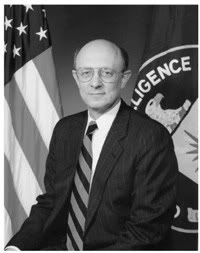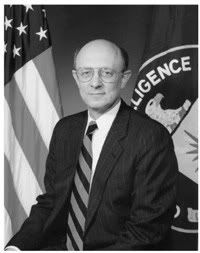Interview with James Woolsey


Over the past few years, I’ve availed myself of a great deal of Mr. Woolsey’s writing and speaking, so I can anticipate what I think he’ll probably say on these issues – the manifold threats to US interests that oil addiction represents: the funding of enemy states, possible terrorists strikes, embargoes, and other potential disruptions in supply, the economic duress created by our borrowing $2 billion per day, etc. I also expect to hear about the remedies – many of which I’ve tried to cover in this blog over the past many months: alternative fueled vehicles (especially electric transportation) and renewable energy.
The current “debate” about global warming underscores the importance of having people like James Woolsey present in our world – people who cut through the political gamesmanship that is so common in public discourse, dispense with opinion and rhetoric, and focus on hard-hitting, well-researched facts. I eagerly anticipate the conversation.

[…] James Woolsey’s opinion piece in this morning’s Wall Street Journal didn’t surprise me. When I interviewed the former CIA director for the “national security” chapter on my book on renewables, he laid out his concerns in very clear terms. In particular, there are numerous, equally compelling reasons to work as hard as we possibly can to break our dependence on oil. And his Rhodes Scholar intellect has a command of statistics with which I can’t begin to keep pace. “If oil reaches $125 a barrel again, approximately half the wealth in the world will be controlled by OPEC nations,” he says. […]